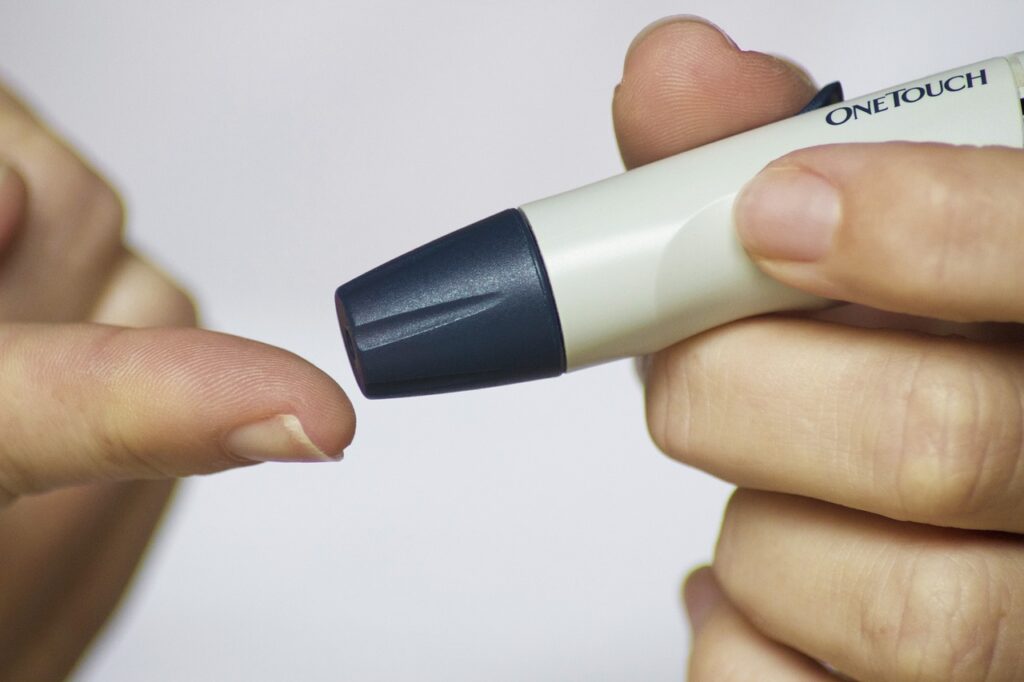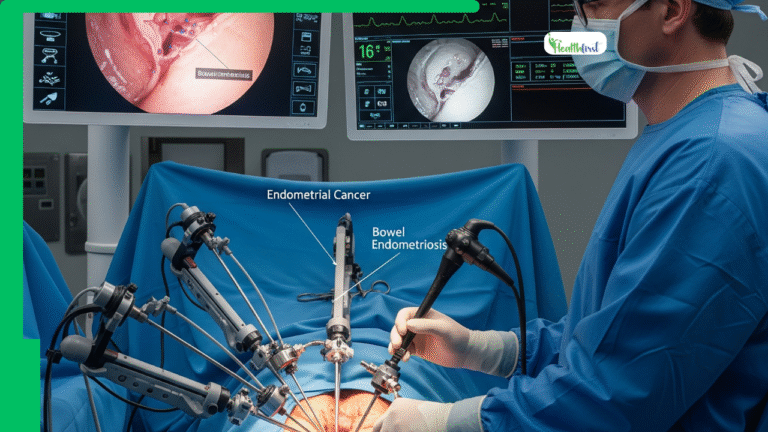Type 1 diabetes (T1D) research has made significant strides in recent years, offering new and improved treatment options. 2024 brings even more hope to T1D patients and healthcare professionals, with breakthroughs in areas like artificial pancreas systems, immunotherapy, and precision medicine. These innovations are reshaping the future of diabetes care, making it more efficient and personalized.
Artificial Pancreas Systems
Among the most exciting developments in T1D treatment is the evolution of artificial pancreas systems. These devices, designed to automatically monitor and regulate blood sugar levels, reduce the reliance on manual insulin injections. In 2024, these systems are more intuitive, with sophisticated algorithms that better predict glucose fluctuations. The latest versions offer more precise control, minimizing the risk of hypoglycemia and hyperglycemia, thus granting T1D patients greater independence in managing their condition.
Immunotherapy for Type 1 Diabetes
Immunotherapy continues to emerge as a promising solution in T1D care. Since T1D is an autoimmune disorder where the body attacks its own insulin-producing beta cells, new therapies are targeting the immune system to prevent or slow this destructive process. In 2024, several immunotherapy treatments are in clinical trials, showing promise in preserving beta-cell function. This could extend the duration of natural insulin production in newly diagnosed patients, reducing the need for external insulin administration.
Stem Cell Therapy
Stem cell therapy remains a groundbreaking area in T1D research. Recent advancements in this field are making it possible to generate insulin-producing cells from stem cells. In 2024, clinical trials using these lab-grown cells are progressing well, with some patients showing positive outcomes. If successful, stem cell therapy could become a long-term solution for T1D, offering the potential for a cure by regenerating damaged or destroyed beta cells.
Precision Medicine and Genetic Research
Precision medicine, which tailors treatment to an individual’s genetic makeup, is making significant headway in diabetes care. By understanding the genetic factors that predispose individuals to T1D, healthcare providers can better personalize treatment plans. In 2024, advancements in genetic research are helping to predict which individuals are at higher risk for developing T1D, enabling earlier interventions and preventive measures. This marks a shift towards more proactive, rather than reactive, treatment approaches.
Wearable Technology for Diabetes Management
The integration of wearable technology in diabetes care continues to improve in 2024. These devices now offer real-time glucose monitoring without the need for frequent finger-prick tests. Smaller, more accurate, and easier to use, these wearables provide patients with comprehensive data on their glucose levels. Paired with mobile apps, they allow for seamless tracking and better diabetes management, ultimately improving the quality of life for T1D patients.
Conclusion
2024 is a landmark year for Type 1 diabetes treatment, with innovations such as artificial pancreas systems, immunotherapy, stem cell research, and precision medicine offering new ways to manage and potentially cure the disease. These advancements not only improve the daily management of T1D but also bring us closer to a future where the condition may be prevented or reversed altogether.









